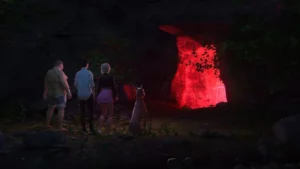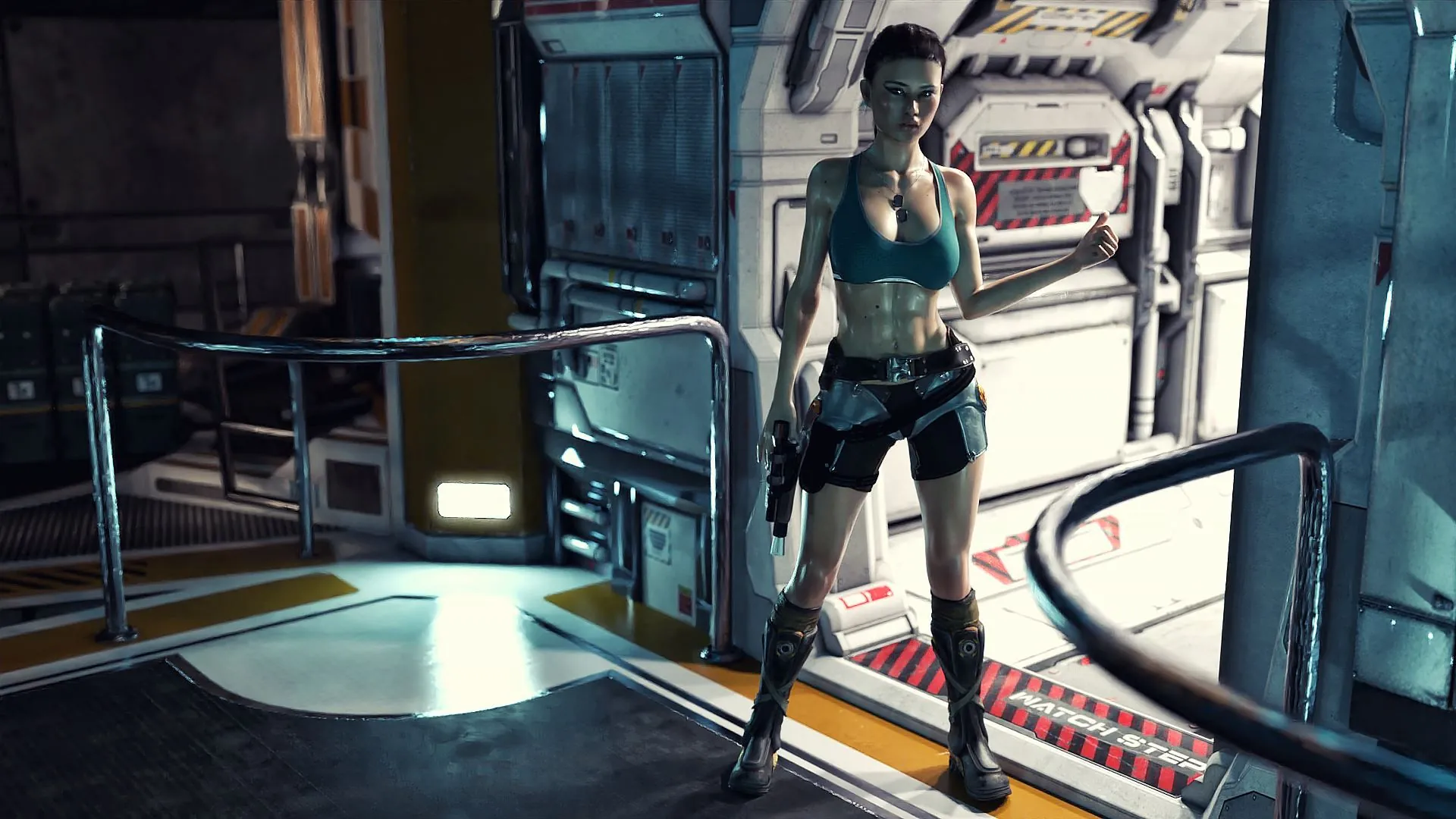
Apocalust
Play Apocalust
Apocalust review
A Deep Dive into the Features, Story, and Player Engagement of Apocalust
Apocalust is a distinctive adult-themed game that combines immersive storytelling with interactive gameplay, focusing heavily on character design and player choices. This article explores what makes Apocalust stand out in its genre, highlighting its narrative depth, gameplay mechanics, and the overall player experience. Whether you’re curious about its storyline or want practical tips for navigating the game, this guide offers a comprehensive overview to enhance your understanding and enjoyment of Apocalust.
Understanding Apocalust: Storyline and Gameplay Mechanics
Let me tell you a secret about most adult-themed games I’ve tried: the story often feels like an afterthought, a flimsy excuse to get from one scene to the next. I can’t tell you how many times I’ve clicked through endless dialogue just to get to the “good part,” completely disconnected from the characters and their world. 😴 It’s a frustrating experience that left me wondering if a truly compelling narrative and mature themes could ever coexist.
Then I played Apocalust.
This game is a different beast entirely. It’s not just an adult game; it’s a genuinely captivating interactive adult game where the story is the main event, and your decisions genuinely matter. The Apocalust gameplay is built around this core principle, creating an experience that is as thought-provoking as it is thrilling. Let’s pull back the curtain and see what makes this title so unique.
What Is Apocalust About?
At its heart, the Apocalust storyline is a masterclass in world-building and character-driven drama. You aren’t just a passive observer; you’re an active participant in a crumbling world. The premise is gripping: you play as a survivor in a post-cataclysmic landscape, but unlike many bleak apocalypses, this one is tinged with a strange, almost supernatural sensuality. The world isn’t just dead; it’s… changed, and humanity’s deepest desires and instincts have been amplified in the process. 🌍✨
The narrative depth here is staggering. I remember one early interaction with a key character, Elara. My first instinct was to be cautious and guarded, a typical survivor response. The game, however, rewarded me for choosing a vulnerable, honest dialogue option. This single decision didn’t just unlock a new scene; it fundamentally altered our relationship for the next several hours of gameplay, opening up quests and conversations that were otherwise walled off. This is the Apocalust narrative depth in action. Your choices aren’t just A/B tests; they weave a unique tapestry for every player.
The character design in Apocalust is a crucial pillar supporting this rich story. These aren’t just archetypes or hollow shells. Each character you meet has a detailed history, complex motivations, and a visual design that tells a story all on its own. From the scars of a seasoned scavenger to the elegant, almost alien features of those touched by the world’s change, the design work immerses you completely. You care about these people, which makes your interactions with them infinitely more meaningful.
Core Gameplay Features
So, how does it all play? The Apocalust gameplay loop is an elegant blend of exploration, dialogue, and relationship management. You’ll spend your time:
- Exploring evocative environments: The world is your storybook, filled with clues, resources, and secrets that flesh out the lore.
- Engaging in deep dialogue trees: Conversations are your primary tool. Every response can shift a character’s opinion of you, lock or unlock story paths, and reveal hidden aspects of the plot. 🗣️
- Managing your connections: Your relationships are a core resource. Nurturing them can provide you with allies, safe havens, and crucial assistance.
The game progression in Apocalust feels organic. You don’t just level up a skill tree; you progress the story and your bonds with other characters. Unlocking a new area often comes from persuading the right person to trust you, not just finding a key. This system ensures that the narrative and the gameplay are inextricably linked, a hallmark of a truly great interactive adult game.
To give you a clearer picture, here’s a breakdown of how the key features shape your journey:
| Gameplay Feature | Description | Impact on Player Experience |
|---|---|---|
| Branching Dialogue System | A complex web of conversation options that go beyond simple “good/evil” choices. | Creates a highly personalized story where your personality directly influences the world and relationships. |
| Relationship Meter | A hidden (and sometimes visible) system tracking your standing with each major character. | Adds a layer of strategic depth to interactions, making you consider the long-term consequences of your words and actions. |
| Exploration & Discovery | Non-linear environments that encourage revisiting areas with new information or companions. | Fosters a sense of agency and wonder, rewarding curious players with additional story beats and character moments. |
| Event Triggers | Specific story beats are unlocked based on a combination of choices, relationship status, and items found. | Ensures high replayability, as multiple playthroughs can reveal entirely different scenes and narrative arcs. |
How Player Choices Influence the Game
This is where Apocalust truly separates itself from the pack. The player choices in Apocalust are the engine of the entire experience. We’re not talking about illusion-of-choice mechanics here; we’re talking about genuine, branching narratives that diverge significantly.
Let me give you a concrete example from my own playthrough. Early on, you are forced to mediate a dispute between two survivors vying for control of a safehouse. You have three clear paths:
- Side with the pragmatic, but ruthless, leader. This prioritizes the community’s security but fosters an environment of fear.
- Support the compassionate, but inexperienced, idealist. This makes life in the safehouse kinder but potentially more vulnerable.
- Propose a shared leadership council. This is the most difficult path, requiring high persuasion skills and prior actions that demonstrate your diplomacy.
I chose the third option, and it was a struggle. I had to replay a previous encounter to gain a specific character’s favor just to have a chance. But when it worked? The safehouse evolved into a thriving hub I was genuinely proud of, with unique quests and interactions that my friends who took other paths never saw. This is the power of player choices in Apocalust. They aren’t just buttons you press; they are commitments you make. 🛤️
The consequences are both immediate and long-term. A seemingly minor lie told to gain a character’s trust in Chapter 1 might be discovered and shatter that trust in Chapter 3, closing off an entire storyline. The game remembers everything, creating a chain of cause and effect that makes your personal Apocalust storyline feel truly your own. This level of detail in the game progression in Apocalust ensures that no two players will have the exact same journey.
In conclusion, Apocalust is more than just a game; it’s a testament to what the interactive adult game genre can achieve when it prioritizes writing, character design, and meaningful agency. The deep Apocalust gameplay mechanics serve a powerful Apocalust storyline, creating a resonant experience that stays with you long after you’ve closed the game. If you’re looking for a world to get lost in, where your decisions carry real weight, your journey begins here. 🚀
Apocalust offers a compelling blend of narrative depth and interactive gameplay that sets it apart within its genre. Its focus on player-driven choices and detailed character design creates a personalized experience that engages players on multiple levels. Whether you are drawn to the story or the gameplay mechanics, Apocalust provides a unique experience worth exploring. Dive into the game to discover how your decisions shape the world and characters around you.




















